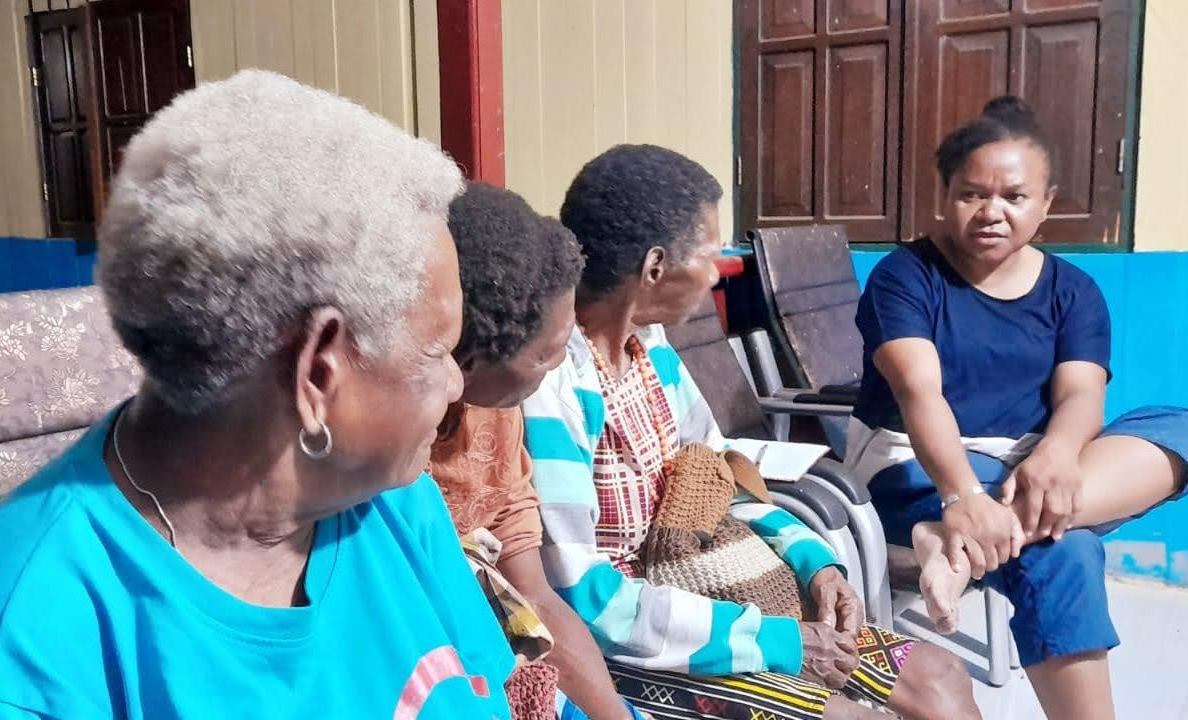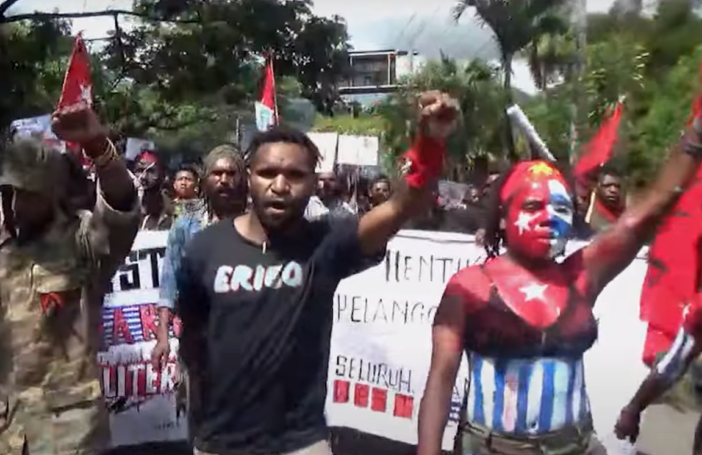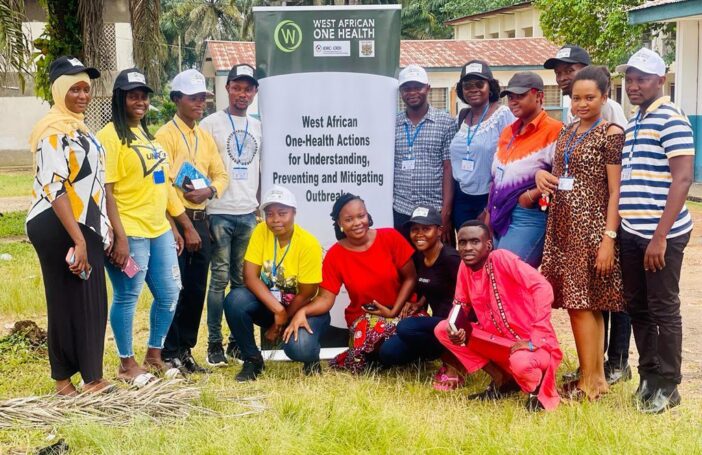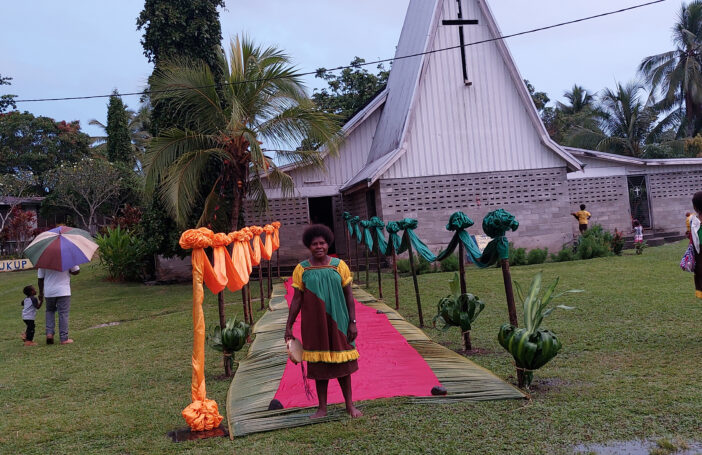“Humanity today is broken” was the declaration of a Papuan elder in rural West Papua province, when our local research team (Katmo, Wambrauw and Syufi) began to discuss HIV education. Speaking to local people tended to evoke reactions like this about the seriousness of social and health crises, even in areas far from the current military operations.
HIV/AIDS remains at epidemic levels in West Papua, and mostly affects Indigenous Papuans, yet has largely dropped off the radar of humanitarian activities and aid programs. Community-based prevention and local NGO-designed activities, which were once a relatively small and inexpensive but powerful part of the overarching response, are no longer operating. HIV/AIDS is part of a broader political, social and ecological disaster in West Papua that includes violence towards civilians, refugees fleeing conflict, overcrowding in cities, the destruction of rural livelihoods and coastal ecologies by extractive industries, and a lack of effective health care.
Building on discussions of the “localisation” of humanitarianism and its ongoing challenges, particularly in Indonesia, we reflect on what lessons can be used to support community-based humanitarianism and revitalise HIV responses.
Our approach to HIV prevention is to co-design education with local responders in a way that engages with existing activities and interests while prioritising cultural understandings and practices of health beyond a narrow biomedical framework. We consider community members, health workers, elders and leaders as local responders, who seek trust, autonomy and sufficient resourcing.
The team spoke to male and female elders, church leaders, teachers and young people about local understandings and practices of health. From the young people we heard that being healthy means having good relationships with parents, other relatives, and the environment; looking out for each other, especially younger siblings and children; and generally taking care of others. Finia meroh means woman of substance, and it emphasises the important role women play in producing life and sustaining extensive social relationships. The male ideal emphasises preparation and humility. These cultural concepts evidence powerful ways of understanding health in terms of relational wellbeing.
From some male elders, we learned about a cultural education program (sekolah adat) they are rejuvenating for young men. This is roughly based on male initiation rites and processes that have changed a lot since the arrival in this community of Catholic missionaries in the 1920s, the Dutch colonial government in the 1950s, and the Indonesian government in the 1960s. Historically, initiation was a time for young people to be educated about all aspects of culture and survival, including food and gardening, land, reproduction and gender, ancestors, and history. Women elders also have initiation rites they would like to revitalise for girls and young women, to teach a new generation about wellbeing, responsibilities and knowledge.
Building on these revitalisation efforts, the co-designed HIV education will bring together medical and cultural expertise to create conversations and awareness of local concepts and ontologies.
Our experience with HIV/AIDS education evinces some insights for the localisation of humanitarianism.
First, we recognise that local humanitarianism has been persisting, even growing, in the absence of international actors, and presents its own goals, ideas and activities. Global “best practice” still needs to do more to listen and adapt to local expertise. In some cases, like HIV, this may require undoing and resetting established wisdom, as interventions have increasingly turned towards technical services and case management by professional social workers, and away from the community engagement historically done by a variety of dedicated local responders. In West Papua, only half of those who test HIV-positive initiate antiretroviral therapy (ART), and only a quarter (26%) of people who start ART stay on it, suggesting a rethink is needed on health care inequalities and so-called professionalisation.
Second, we can see in West Papua that cultural pride and revitalisation is a response to historical violence and ongoing humanitarian crises. Cultural reconnection is central to what some Papuans feel they must do to recover from marginalisation and inequalities, not least because their cultural values have been historically dismissed.
Third, it’s important to recognise the diversity of local responders and informants. Many interventions focus on young people and dismiss older people as too conservative, “traditional” or irrelevant to problems like HIV/AIDS, but engaging intergenerationally can facilitate and amplify important conversations. In situations where elders have been relegated to the margins, including them is essential for respectful collaboration and restoring relationships with international humanitarians and within communities.
Finally, a localised approach to humanitarianism is not just about “saving lives”, but about rebuilding relationships that are essential for health and equality. As political conditions in West Papua deteriorate, we would like to see more humanitarian interest, not just in health and social crises, but in working together to build relationships and reset patterns of destruction and erasure.




